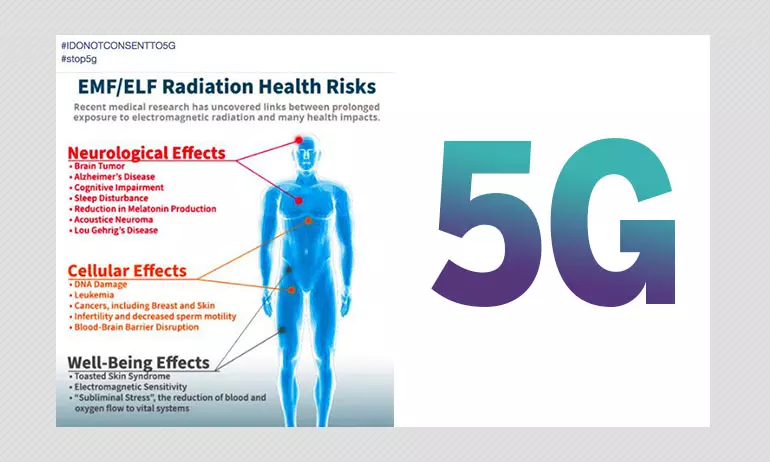As the rollout of 5G technology continues across the globe, concerns about its potential health effects have become a hot topic of debate. With various claims circulating online, it can be challenging to discern fact from fiction. This blog aims to explore the legitimacy of health concerns associated with 5G technology.
What Is 5G Technology?
5G, or fifth-generation wireless technology, promises faster data speeds, lower latency, and the ability to connect more devices simultaneously. It operates using higher frequency millimetre waves, which are different from the frequencies used in previous generations like 4G. While this technology offers numerous benefits, it has also raised questions about its safety.

The Health Concerns
Radiation Exposure
One of the primary concerns regarding 5G technology is the exposure to radiofrequency electromagnetic fields (RF-EMF). Critics argue that the higher frequencies used in 5G could pose health risks, including cancer. A study by the National Toxicology Program found that exposure to RF-EMF could lead to malignant tumours in rats. However, proponents of 5G argue that the radiation emitted is non-ionizing and does not have enough energy to cause cellular damage.

Impact on Wildlife
There are also concerns about the effects of 5G on wildlife, particularly birds and bees. Some studies suggest that exposure to millimetre waves could disrupt navigation skills in bees and lead to disfigured eggs in birds. However, other researchers argue that there is insufficient evidence to support these claims, and many stories circulating online about mass wildlife deaths due to 5G have been debunked as hoaxes.
Psychological Effects
Another aspect of the debate involves the psychological impact of increased connectivity and speed. Some researchers suggest that the rapid pace of information exchange facilitated by 5G could exacerbate issues like impatience and frustration among users. While this is more of a behavioural concern than a direct health risk, it highlights the broader implications of living in a hyper-connected world.

The Scientific Consensus
The scientific community remains divided on the health implications of 5G technology. While some studies indicate potential risks, others find no significant evidence to support these claims. The World Health Organization (WHO) has stated that, with current limitations, there is no conclusive evidence linking 5G exposure to adverse health effects. Additionally, many health organizations advocate for continued research to monitor the long-term effects of 5G technology.
Conclusion
In conclusion, the health concerns surrounding 5G technology are a mix of legitimate scientific inquiry and misinformation. While there are valid questions about the potential effects of increased RF-EMF exposure, many claims circulating online lack substantial evidence. As research continues, it is essential to rely on sources and scientific studies to inform 5G and its health implications.
Read more on Lifetips.blog














